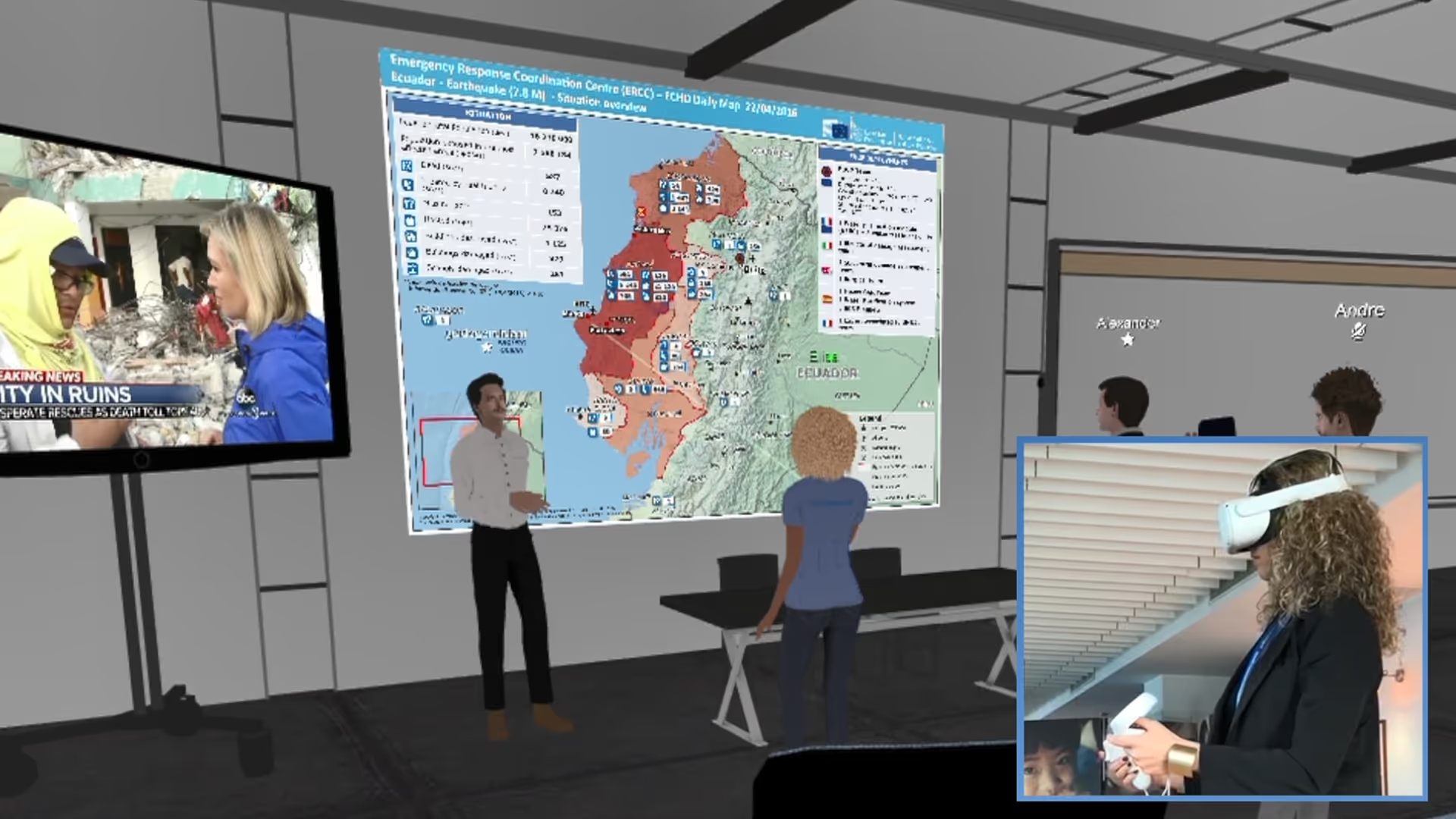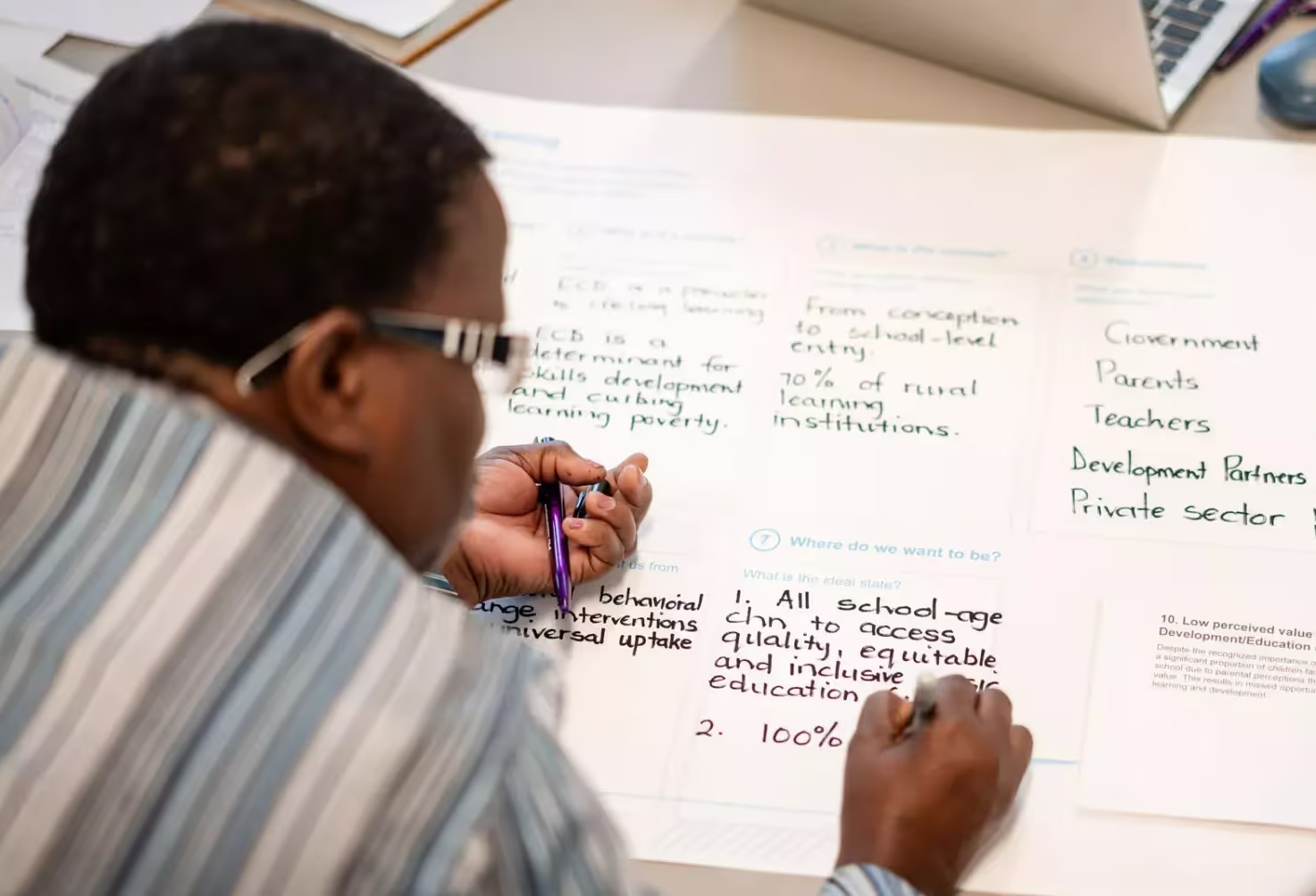VR for Training

Most training initiatives are currently delivered through either online self-paced resources or face2face courses. Opportunities for the latter are usually limited (due to high costs) and have also been negatively affected by COVID travel restrictions resulting in a small percentage of staff trained. Virtual Reality applied to training has been proved to be one of the most efficient and effective training solutions for a variety of technical areas. WFP has run a pilot training using a virtual environment and customised avatars during which supply chain team members and other participants could interact all together WFP is exploring providing VR training solutions to a wider audience in areas such as Supply Chain, Emergency services, Administrative services.


.avif)

